Anthropology
-
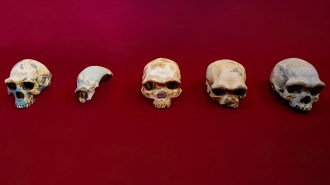 Anthropology
Anthropology‘Dragon Man’ skull may help oust Neandertals as our closest ancient relative
A Chinese fossil has been classified as a new Homo species that lived more than 146,000 years ago, but not all scientists are convinced.
By Bruce Bower -
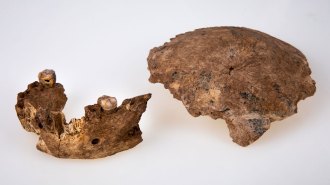 Anthropology
AnthropologyIsraeli fossil finds reveal a new hominid group, Nesher Ramla Homo
Discoveries reveal a new Stone Age population that had close ties to Homo sapiens at least 120,000 years ago, complicating the human family tree.
By Bruce Bower -
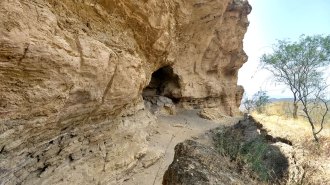 Archaeology
ArchaeologyNew clues suggest people reached the Americas around 30,000 years ago
Ancient rabbit bones from a Mexican rock-shelter point to humans arriving on the continent as much as 10,000 years earlier than often assumed.
By Bruce Bower -
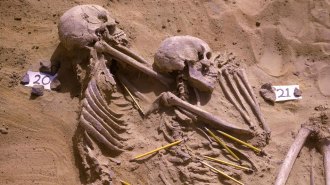 Anthropology
AnthropologyHunter-gatherers first launched violent raids at least 13,400 years ago
Skeletons from an ancient African cemetery bear the oldest known signs of small-scale warfare.
By Bruce Bower -
 Archaeology
ArchaeologyTo find answers about the 1921 race massacre, Tulsa digs up its painful past
A century ago, hundreds of people died in a horrific eruption of racial violence in Tulsa. A team of researchers may have found a mass grave from the event.
-
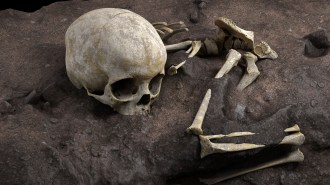 Anthropology
AnthropologyA child’s 78,000-year-old grave marks Africa’s oldest known human burial
Cave excavation of a youngster’s grave pushes back the date of the first human burial identified in the continent by at least a few thousand years.
By Bruce Bower -
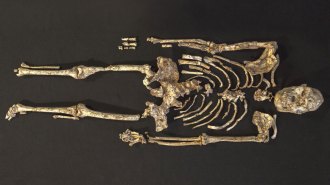 Anthropology
AnthropologyLittle Foot’s shoulders hint at how a human-chimp common ancestor climbed
The shape of the 3.67-million-year-old hominid’s shoulder blades suggests it had a gorilla-like ability to climb trees.
By Bruce Bower -
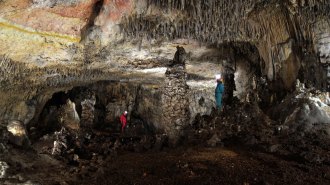 Humans
HumansNeandertal DNA from cave mud shows two waves of migration across Eurasia
Genetic material left behind in sediments reveals new details about how ancient humans once spread across the continent.
-
 Anthropology
AnthropologyA coronavirus epidemic may have hit East Asia about 25,000 years ago
An ancient viral outbreak may have left a genetic mark in East Asians that possibly influences their responses to the virus that causes COVID-19.
By Bruce Bower -
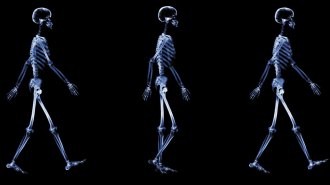 Anthropology
Anthropology‘First Steps’ shows how bipedalism led humans down a strange evolutionary path
In a new book, a paleoanthropologist argues that walking upright has had profound effects on human anatomy and behavior.
By Riley Black -
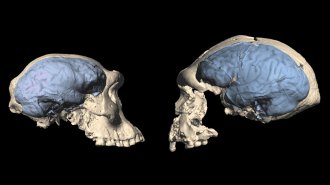 Anthropology
AnthropologyAncient humans may have had apelike brains even after leaving Africa
Modern humanlike brains may have evolved surprisingly late, about 1.7 million years ago, a new study suggests.
-
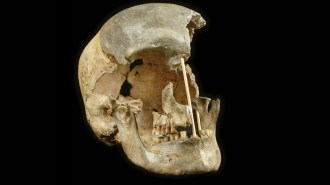 Genetics
GeneticsEurope’s oldest known humans mated with Neandertals surprisingly often
DNA from ancient fossils suggests interbreeding regularly occurred between the two species by about 45,000 years ago, two studies find.
By Bruce Bower